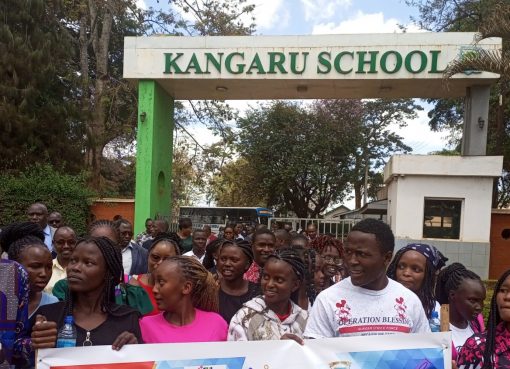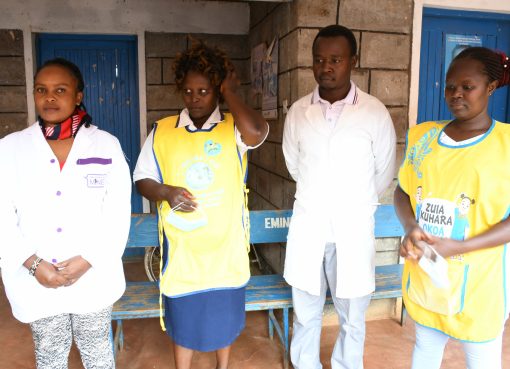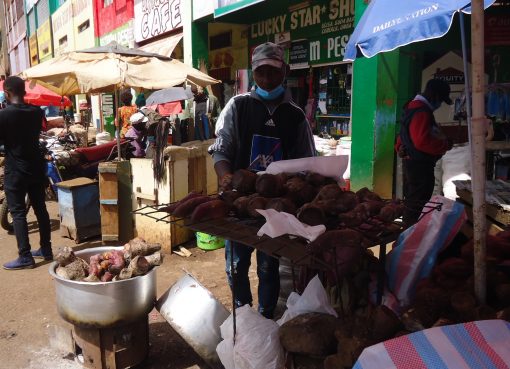The government has launched and rolled out the revised Kenya Coordinated Border Management Program (KCBMP) to strengthen the security and efficiency of Kenya’s ports points of entry and exit.
The Programme is designed to provide a practical and hands-on approach to bolster the abilities of front-line officers, and addresses the evolving challenges of border security.
Speaking during the launch on Monday at the Kenya School of Government, Kabete Campus, Internal Security and National Administration PS Dr. Raymond Omollo said the initiative reflects the National Government’s commitment to fortify and safeguard the country’s national borders.
Dr. Omollo said the programme aims to streamline policies and procedures across government agencies, allow for a more coordinated and efficient approach in tackling organized crime and threats that undermine peace, security, and sustainable development, as well encourage a unified accountability framework and sharing of resources to enhance overall effectiveness of border agencies.
“It also recognizes the significance of managerial skills in border management, which are indispensable for our officers as they navigate diverse situations daily,” he said.
Omollo added that the skills will help officers to ensure the safety and efficient movement of people and goods across the ports points of entry and exit.
He said Kenya’s strategic location in East Africa underscores the importance of effective border management in enhancing trade, ensuring national security, and promoting regional integration.
The PS who is also the Chairperson Border Control and Operations Coordination Committee (BCOCC), stated that in the year 2014, the government established BCOCC, to bring together various government agencies to enhance communication and streamline operations across land, air, and maritime borders.
“We have also implemented the Integrated Customs Management System (ICMS) and other technological tools to expedite the clearance of legitimate goods while effectively detecting contraband,” he added.
The PS announced that the government is in the process of developing Standard Operating Procedures (SOPs) to ensure consistency and efficiency in border operations across all points of entry.
He said the implementation of the Integrated Customs Management System and other technological tools helped to expedite the clearance of legitimate goods while effectively detecting contraband, enabled the country to enhance security, address threats such as smuggling and terrorism, boosted trade through faster clearance times, streamlined procedures, as well as improved revenue collection by enhancing the detection of duty-evaded goods.
The updated programme encompasses critical dimensions of border management, including governance structures for cooperation and emerging trends and technologies, it also delves into the intricacies of a border management system that embraces both domestic coordination within and between agencies in the country.
It also addresses international coordination involving collaboration between neighboring countries and trading partners to enhance security and promote economic and social cohesion.
The PS thanked the International Organization for Migration (IOM), the United Nations Office on Drugs and Crime and the United States Customs and Border Patrol for their continued support that benefits not only Kenya but also the entire East Africa region.
He also expressed gratitude to the Border Management Secretariat and Kenya School of Government’s Security Management Institute for their tireless effort to ensure the frontline officers are well trained.
He announced that the Secretariat, in collaboration with IOM, plans to hold the National Border Conference in Nairobi from April 2- 4, 2024.
The conference will provide a platform for stakeholders to engage in enhancing Coordinated Border Management and support the implementation of Border Control and Operations Coordination Committee’s five-year strategic plan.
By Bernadette Khaduli





